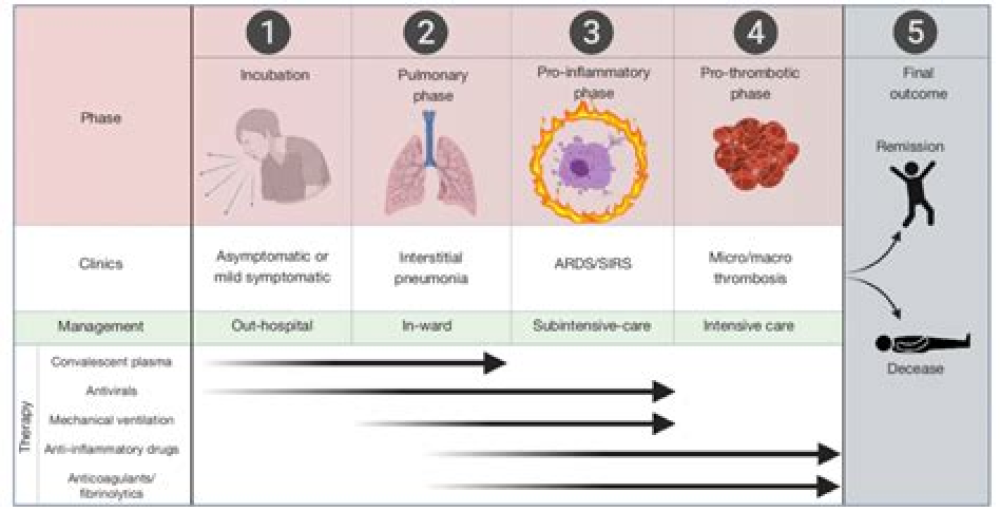Authors: By Dr. Liji Thomas, MD
The disease course of COVID-19 is diverse, ranging from asymptomatic to fatal respiratory failure. Emory University scientists have been working to uncover the immunological reasons behind this heterogeneity. A recent study on B cells, published on the preprint server medRxiv* in April 2020, shows that extrafollicular B cells could be a marker of severe infection in the early stages, predicting the need for earlier immunomodulatory therapy.
B cells (B lymphocytes) in the blood are involved in early effector responses via the production of protective antibodies, as well as in initiating the production of memory cells. Among the former class of responses, B cells take part in the extrafollicular (EF) pathway that is also active in systemic lupus erythematosus (SLE) flareups.
The EF pathway is associated with peripheral inflammation, and a high level of proinflammatory cytokines interleukin 6 (IL-6) and interferon gamma-induced protein 10 (IP-10), both of which are associated with poor outcomes.
This is triggered by newly activated naïve B cells, resulting in a large number of antibody-secreting cells (ASCs) that produce a large concentration of autoantibodies. These ASCs come from the expansion of a B cell precursor that has been epigenetically primed, and which lacks naïve IgD and memory CD27 markers, making them double negative (DN). They also fail to express CXCR5 and CD21 markers, so that they are termed DN2.
These very active cells express CD11c and T-bet molecular markers at high levels and respond to stimulation of Toll-like receptors (TLR7) by single-stranded RNA (ssRNA). TLR7 is essential in clearing viruses from infected cells.
As a result, researchers consider DN2 cells taking part in the EF pathway to be a significant part of the COVID-19 illness. Supporting evidence comes from the association of EF pathway B cell activity in SLE, in African-Americans, who also have a high reported incidence of severe COVID-19 cases.
This finding is in contradiction to earlier studies of vaccinated patients who show better protection with higher numbers of ASCs. Instead, in critically ill patients with COVID-19, higher ASC generation and maturation counts predict a poor outcome.
For More Information: https://www.news-medical.net/news/20200504/COVID-19-progression-linked-to-B-cell-activation.aspx
